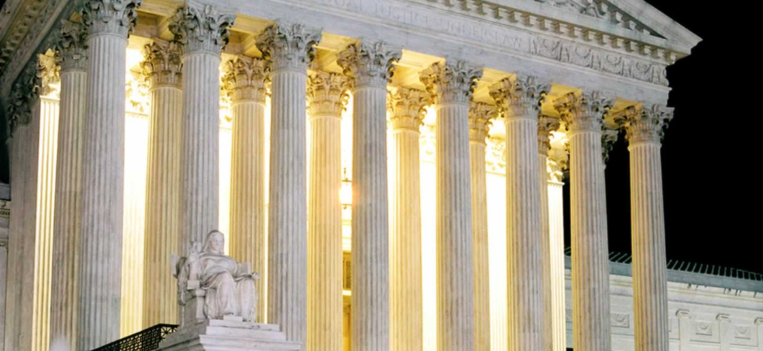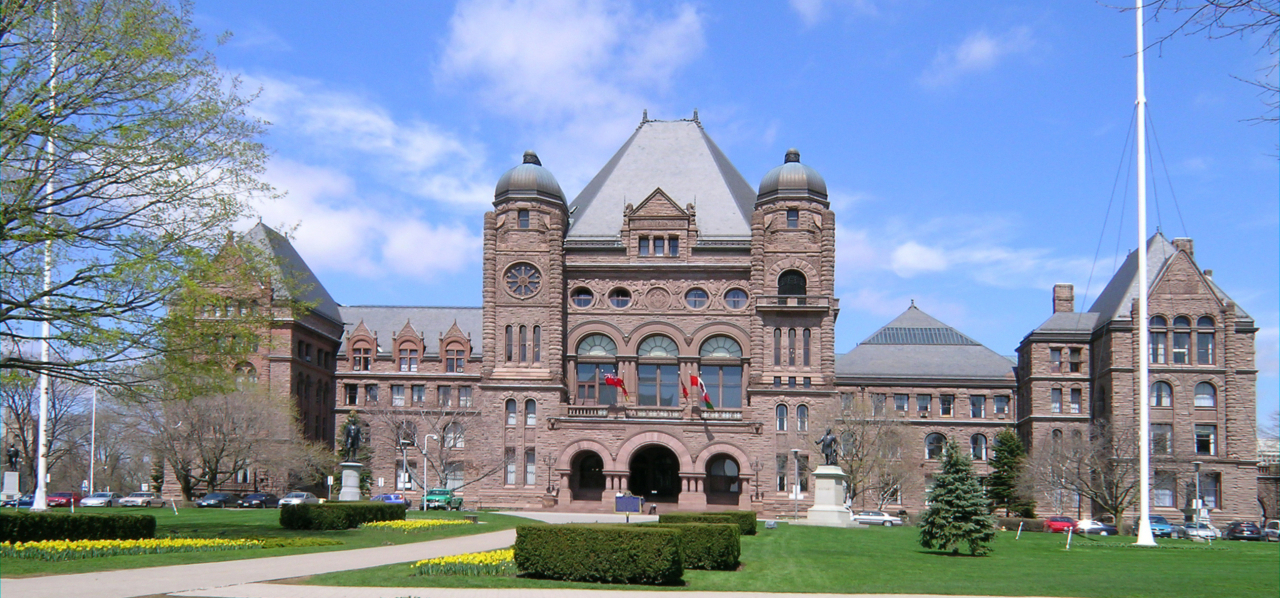Monday’s US Supreme Court Decision upholding employment arbitration agreements is described as a win for employers, and its effects could reach the contingent workforce space.
The 5-4 decision upholds clauses in employment contracts that require workers to bring disputes via individual arbitration, rather than through other methods such as class-action lawsuits in the court.
Eric Rumbaugh, a partner with law firm Michael Best & Friedrich LLP, described the ruling as the most significant employment law decision in recent memory.
“The enforcement of arbitration clauses, by itself, is not that useful. In most cases, employers should not prefer arbitration to court. Arbitration has become as expensive and slow as court, and arbitration decisions are generally not appealable/reviewable,” Rumbaugh said. “However, the inclusion of an enforceable class waiver makes arbitration agreements much more attractive and the fact that the Supreme Court has enforced class waiver language in the employment context over the NLRB’s objections is a game-changer.”
However, it’s still possible the issue could come up again.
“This is not the first time the Supreme Court has solidly endorsed arbitration over objections to the fairness of arbitration, and it likely will not be the last,” he said. “I think we can expect some courts, believing they are acting in the interest of employees, to continue to be recalcitrant and attempt to find ways to avoid or disregard the Supreme Court’s ruling.”
Still, the decision was a clear, and rare, win for employers, Rumbaugh said.
Bloomberg reported the ruling could affect lawsuits against Uber by drivers claiming they were misclassified as independent contractors.
In a blog post, law firm Seyfarth Shaw noted the ruling does not mean an end to all multi-claimant litigation. Employees in California could still sue under the state’s Private Attorneys General Act and government agencies such as the Department of Labor could still sue on behalf of employees. “Meanwhile, some plaintiff-side attorneys have become skilled at bringing dozens of single-claimant arbitration matters against an employer at the same time, which might cost an employer more than defending a collective or class action in court,” according to the post.
The Supreme Court’s decision was delivered Monday by new Justice Neil Gorsuch.
“The policy may be debatable but the law is clear: Congress has instructed that arbitration agreements like those before us must be enforced as written,” according to the opinion. “While Congress is of course always free to amend this judgment, we see nothing suggesting it did so in the [National Labor Relations Act] — much less that it manifested a clear intention to displace the Arbitration Act.”
Justice Ruth Bader Ginsburg wrote the dissent, arguing that the Federal Arbitration Act does not permit employers to require employees “go it alone” without regards to rights laid out by the National Labor Relations Act allowing for employees to engage in concerted activities for their mutual air or protection.
“Individually, their claims are small, scarcely of a size warranting the expense of seeking redress alone,” according to the dissent. “But by joining together with others similarly circumstanced, employees can gain effective redress for wage underpayment commonly experienced.”
Ginsburg also wrote “the inevitable result of today’s decision will be the underenforcement of federal and state statutes designed to advance the well-being of vulnerable workers.”
The court’s decision comes after Uber and Lyft last week announced they were doing away with mandatory arbitration for sexual assault claims.









